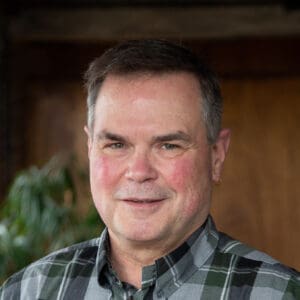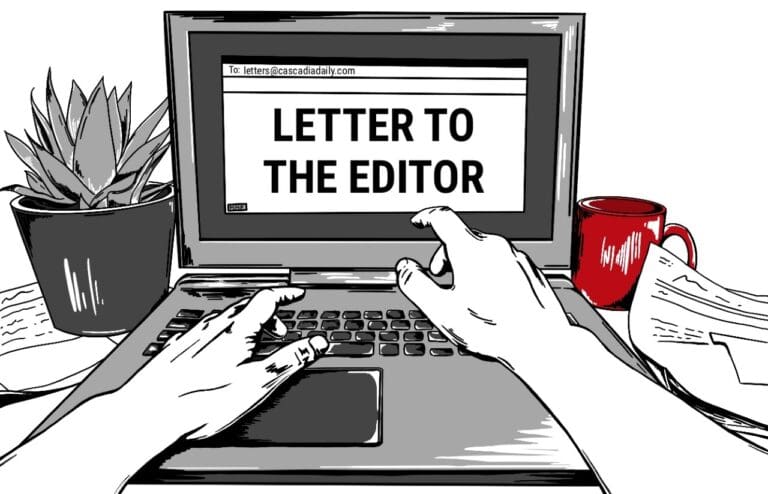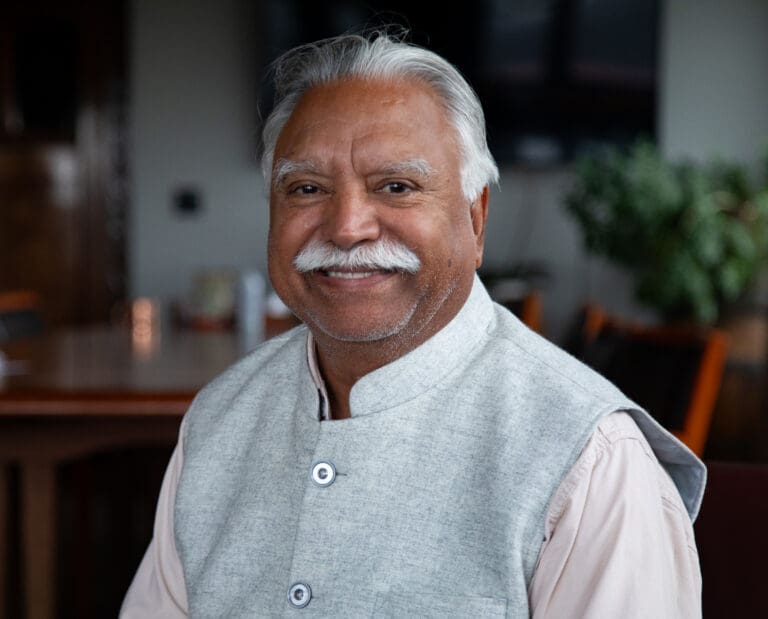When you launch a news publication from scratch, every workday and publication cycle lays another brick in a foundation.
At Cascadia Daily News, we embrace this as a necessary step toward becoming a trusted community institution. That’s a relationship that only forms over time. And ours to date has been short, in newspaper terms.
For that reason, it’s worth acknowledging that some of the bricks being tapped into place in this space in the coming weeks are larger and more foundational than most.
CDN, on this page in the coming two weeks and in a special Oct. 19 Voter Guide supplement, will endorse candidates in select races for public office (as well as a couple of ballot measures). This isn’t unusual for a daily news publication; in fact, it’s a traditional role for U.S. newspapers. But because it hasn’t happened in a traditional sense in our news market for many years, it’s important to make clear our purpose and process.
First and most important: Editorial endorsements are editorial decisions, traditionally made by a publication’s editorial board. At CDN, a small publication, that board for the purposes of endorsements consists of myself (the executive editor), and Cynthia Pope, the publisher. A third, non-voting member, veteran journalist, teacher and ethics adviser Dean Wright, organized and facilitated our candidate interviews.
Editorial endorsements are not made by, or influenced by, newsroom reporters writing stories about election issues. Their stories are produced independently.
That endorsement process began with our Citizens Agenda crowdsourcing exercise, which allowed readers to present, then vote on, questions about issues they’d like to see candidates discuss in the run-up to the Nov. 8 election. And the candidates have discussed them, in person, with us, in a series of editorial board meetings that wrap up this week. Their answers to the five reader questions on a questionnaire will be published in our Voter Guide.
Since these sessions were all on the record, reporters have sat in on many of the meetings, gathering material for their own work. (Some of those comments appear in today’s CDN edition, for example, in an interesting story about the Whatcom County district judge race.)
At the conclusion of these in-person interviews, our editorial board will discuss the candidates. The publisher and I will decide whom to endorse.
It’s a task we take seriously. My own criteria for endorsement: Which person has the best skills to represent their district, based on my own journalistic experience and understanding of the needs of those constituents?
In my mind, it’s more a hiring decision than an exercise in ideological parsing, based on a long career observing — and occasionally jousting with — public officials.
I try to apply the same approach to other ballot issues such as tax levies: Will the measure achieve a goal that’s necessary, and is it a reasonable ask of taxpayers given their other economic challenges?
We all have biases; in this process, I try to set my own aside in consideration of the above-stated goals.
The consensus decisions on these endorsements will be expressed in editorials here that are unique to us: They will not be my opinion, per se, nor our publisher’s opinion, but a separate voice: the consensus opinion of CDN as an institution — an independent, privately owned news organization. We are honored to provide just one voice of many with an opinion in that public conversation.
Over the course of my journalism career, my own perspective about the value of editorial endorsements has vacillated. As a longtime reporter and columnist at The Seattle Times, I experienced firsthand the potential downside: I was struck by the degree to which that newspaper’s long-ago endorsements of presidential candidates stuck in the minds of some readers, who harbored skepticism about the fairness of our newsroom work even decades later. It was misguided but in the minds of many, real.
For any newsroom that prides itself on fairness and transparency, that’s a legitimate concern — one that still leaves me unconvinced about the value of local newspapers endorsing candidates in increasingly vitriolic national races. All I can ask is that you accept my personal assurance that any such perceptions about influence are simply that. Our coverage of public process and elections in our news pages won’t be affected by endorsement arguments on our opinion page — from us or anyone else.
I also believe that the public-service value of endorsements in local races outweighs those concerns. As a Whatcom County resident for more than two decades, I have been constantly struck by the lack of a reasoned, informed, independent editorial staff’s important voice in vetting candidates for public office.
I doubt I’d ever vote a straight ticket based on recommendations of a single newspaper. You probably won’t either. But I also believe it’s nice to hear a reasoned opinion. And that, really, is all we’ll be trying to offer here.
After one of our recent candidate interviews, our publisher remarked that sitting across the table with a wide range of candidates for public office has been a privilege. I concur; we’re a new organization, and having candidates ranging from a sitting U.S. congressman to passionate political newbies take the time to discuss public problems and solutions, as well as their own motivations, has been illuminating, and an honor.
Making choices, some difficult, will be as well. We hope you consider them in the spirit intended.
Ron Judd’s column appears on Wednesdays.
Email: ronjudd@cascadiadaily.com; twitter: roncjudd




Party chair: We must hold all leaders — including Democrats — accountable